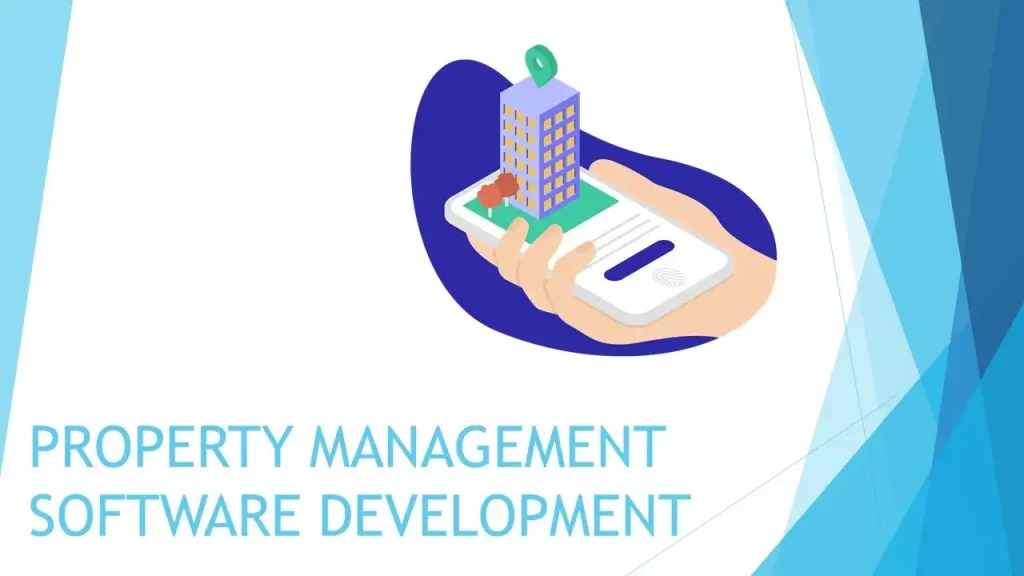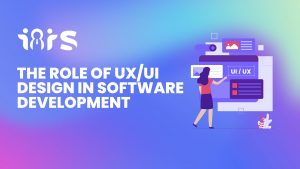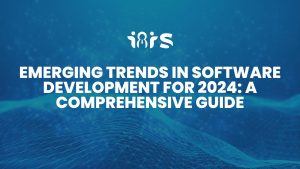The previous section has highlighted the pivotal role of property management software in the real estate industry, offering efficiency in managing properties, tenants, maintenance requests, and finances. Now, let’s delve deeper into the process of developing property management software similar to Brokermint, tailored to meet the specific needs of property managers and real estate agents.
Understanding Key Features Before embarking on the development journey, it’s crucial to grasp the essential features that such software should encompass:
Property Management:
This feature consolidates property management tasks, including lease tracking, rent collection, and vacancy management. Tenant Management: Enables record-keeping of tenant details, lease agreements, and payment history, along with facilitating communication between property managers and tenants. Maintenance Requests: Allows tenants to submit maintenance requests directly through the software, aiding property managers in efficient tracking and resolution. Financial Management: Assists property managers in monitoring finances, such as rent payments, and expenses, and generating financial reports. Communication: Facilitates effective communication through automated reminders and messaging between property managers and tenants. Choosing the Right Technology Selecting the appropriate technology stack is vital for developing property management software akin to Brokermint.
Considerations include:
Scalability:
Ensuring the software can accommodate growing property portfolios and users as the business expands. User-Friendly Interface: Designing an intuitive interface to enhance user satisfaction and productivity. Security: Implementing robust security measures to safeguard sensitive information. Integration: Seamless integration with external systems like accounting and payment processing platforms for streamlined operations. Flexibility: Developing adaptable software to meet changing industry requirements and trends. Popular technology choices include cloud-based solutions like Amazon Web Services (AWS) and Microsoft Azure for scalability and security, open-source platforms such as Ruby on Rails and Node.js for customization, and mobile application frameworks like React Native and Flutter for cross-platform compatibility.
Features of Property Management Software Property management software offers a plethora of features to automate and streamline various tasks:
Online Property Listings:
Provides an intuitive platform for property owners to create detailed listings, simplifying the process for potential tenants. Tenant Screening: Integrates comprehensive screening tools for selecting reliable tenants, fostering a secure rental environment. Rent Collection: Automates rent collection procedures, offering multiple payment options for convenience. Maintenance Tracking: Centralizes maintenance requests and scheduling for timely resolution of issues. Accounting and Reporting: Enables property owners to monitor finances and generate detailed reports for informed decision-making. Advantages of Property Management Software Utilizing property management software offers numerous benefits to property management companies:
Time and Cost Savings:
Automating tasks reduces operational costs and enhances efficiency. Increased Efficiency: Centralized data accessibility improves property management processes. Improved Communication: Facilitates easy communication with tenants, owners, and vendors. Enhanced Security: Reduces the risk of fraud or late payments through secure online transactions. Better Organization: Organizes workflows and provides detailed reports for efficient management. Accessible from Anywhere: Cloud-based accessibility allows management from anywhere with an internet connection. Scalability: Adapts to accommodate growing property portfolios. Customization: Offers customizable features to meet specific business needs. Data Analytics: Collects and analyzes data for informed decision-making. Cost Considerations The cost of developing property management software varies based on features and customization:
Basic Version:
Starts from $20,000 to $40,000 for essential functionalities. Advanced Features: Can range from $50,000 to $100,000 or more for additional capabilities. Ongoing Maintenance: Crucial for long-term success and incurs additional costs. How i8is Infinti software solution Can Help i8is specializes in crafting tailored software solutions, offering services beyond property management software akin to Brokermint:
Consultation:
Provides comprehensive consultation to understand unique business requirements.
Customization:
Tailors software to match specific needs and integrate with existing systems.
Integration:
Facilitates seamless integration with third-party applications. Maintenance and Support: Offers continuous support for uninterrupted software operation.
Conclusion:
i8is’ property management software provides a comprehensive solution for streamlining real estate operations. With its adaptive approach, integrated systems, efficiency, and automation capabilities, it empowers businesses to stay competitive in a dynamic market landscape.





